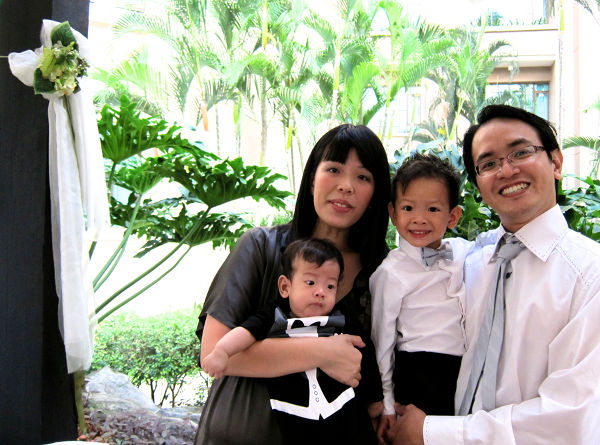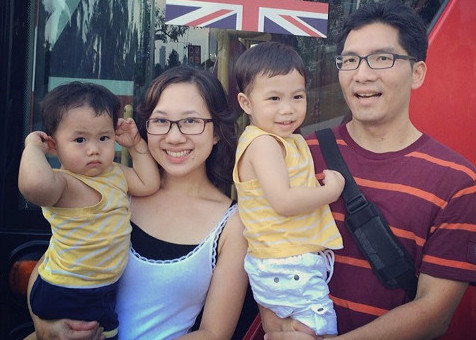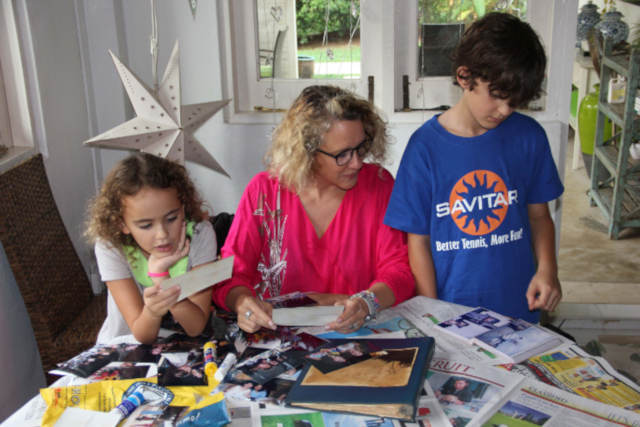If you’ve decided to homeschool your child at Primary 1 onwards, your very first official step is to apply to the Ministry of Education (MOE) for approval. Under the Compulsory Education (CE) Act, all children who are Singapore citizens are required to attend a national primary school unless exempted for specified reasons, and homeschooling is one such provision. When you apply for permission to homeschool, specifically you’re applying for CE exemption.

Homeschooling In Singapore: How To Apply For MOE Approval
Who: To start the process, you’ll need to call the CE Unit at MOE (68796458/9) to inform them of your intention to homeschool.
When: The window for applications is July through October the year your child turns six.
How long does it take: The entire process can take several weeks or more to complete, so timing the call early in that period is advisable. After the officer briefs you on the procedure and the prerequisites, you will receive an application packet in the mail.
Note: CE Unit officers advise applicants to register their children at a national primary school concurrently. This is to ensure the child has a place at a school should the application for CE exemption fail to receive approval. With this in mind, you may have to take the necessary steps for registration in June or July, before you make that initial call to MOE.
What: Your packet will contain detailed information explaining the requirements you need to fulfill in order to receive CE exemption, the entire application procedure, and PSLE benchmarks for homeschooled students, as well as an application form.
Your submission of the application form will need to include the following:
1. Reasons for homeschooling

These would be your family’s specific reasons for choosing homeschooling instead of mainstream schooling for your child.
See also: Why do parents homeschool
2. Curriculum
Here is where you provide information on your chosen curriculum for the four subjects of English, Mathematics, Science and Mother Tongue Language. Your curriculum should span P1 through P6.
Clearly, this section requires a fair bit of homework, as you will need to research the myriad of curriculum options out there, and review them in order to make your choice. It also requires you to get familiar with the MOE syllabus for each subject so you can ensure your chosen curriculum(s) fulfill MOE requirements.
- MOE Syllabuses for English and Literature
- MOE Syllabuses for Sciences
- MOE Syllabuses for Mother Tongue
One popular option among applicants is to list the MOE curriculum(s) as their choice, using MOE-approved textbooks, while supplementing with non-MOE curriculum, e.g. Sonlight (multi-subject), Math-U-See (maths), Michael Thompson Clay (English), Apologia (science), etc.
3. Teaching Plans for National Education
You’ll need to get familiar with the MOE National Education approach, objectives, and resources in order to design a plan, your own personal curriculum so to speak, for ensuring your child acquires all the values, awareness, knowledge and sense of national identity prescribed. Read more about the MOE’s National Education.
4. Curriculum Vitae
This is a list of the homeschooling parent’s educational credentials and work experience. You will need to attach copies of the supporting documents.
5. Homeschooling Time Schedule

Draw up a timetable showing how and when you’ll cover the subjects over the course of a week. The schedule doesn’t have to match the hours of a typical school timetable, i.e. 7 hours/day, but simply show specific slots for each subject in reasonable amounts of time. One example is to set about three hours of learning activities at home in the morning, with afternoons spent at co-ops, excursions and enrichment activities.
After you’ve submitted your application form and documents, you can expect a call from an MOE officer who will schedule a home visit. During the home visit, the officer will get acquainted with you and your child, and review your home environment in order to assess your suitability for homeschooling.
Once your application is approved, you will receive a certificate confirming the child’s exemption from CE.
Note: If you want to homeschool your child because he or she has been diagnosed with special needs, your application will be based on that rather than your intentions and reasons for homeschooling. Instead of the standard documents and information required of homeschooling applicants, you will need to submit documents provided by a registered psychologist to confirm the assessment and diagnosis.
By Sara Rognstad
Homeschool Series:
Part 1: Should You Homeschool In Singapore?
Part 2: Homeschooling In Singapore
Part 3: Is Homeschooling For You And Your Child?
Part 4: The Pros And Cons Of Homeschooling
Part 5: Resources For Homeschool Parents
Part 6: Useful Tips For The New Homeschooling Mum
Part 7: Methods Of Homeschooling
Part 8: Why Do Parents Homeschool
Part 9: Homeschooling Mums In Singapore
Part 10: Important Homeschooling Principles To Note
If you find this article useful, do click Like and Share at the bottom of the post, thank you.
Want more comprehensive info? Check out our e-guides here.


























































